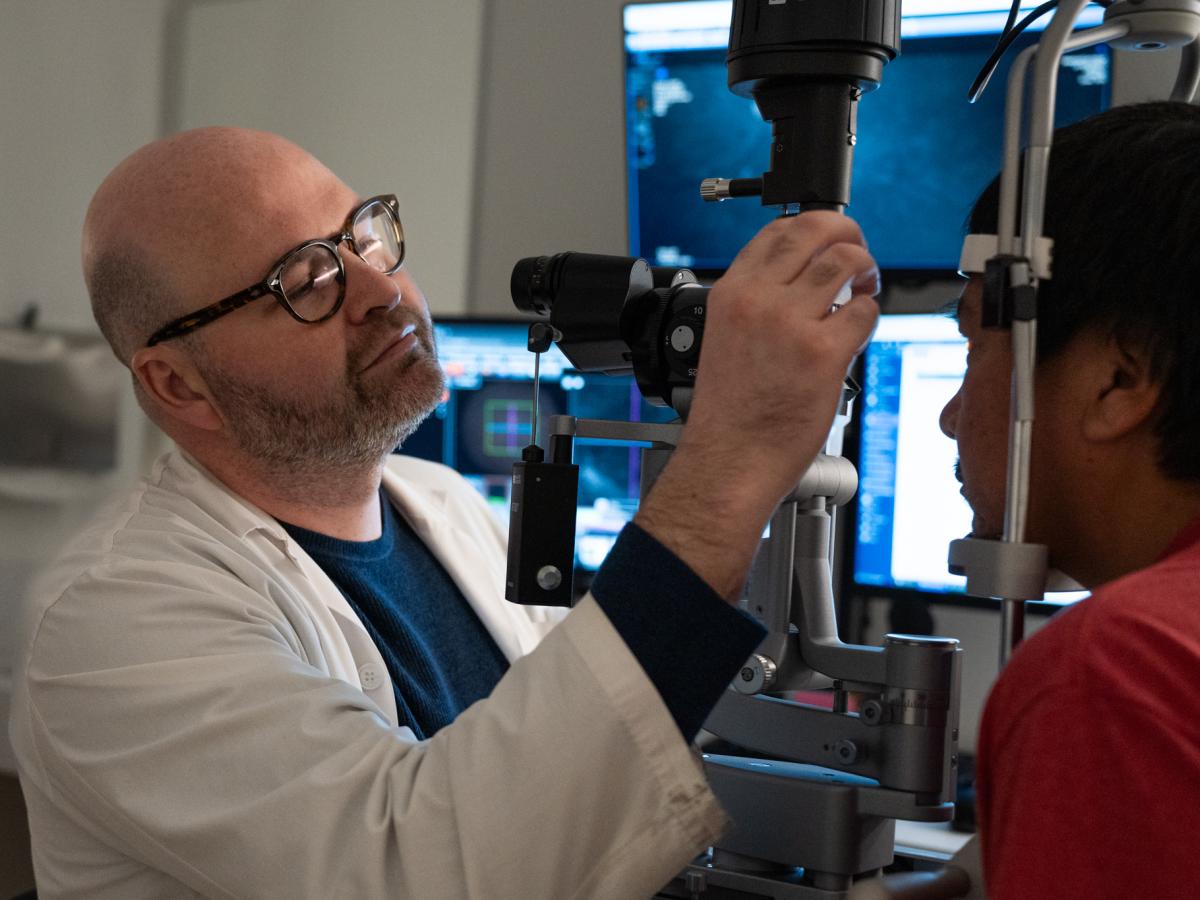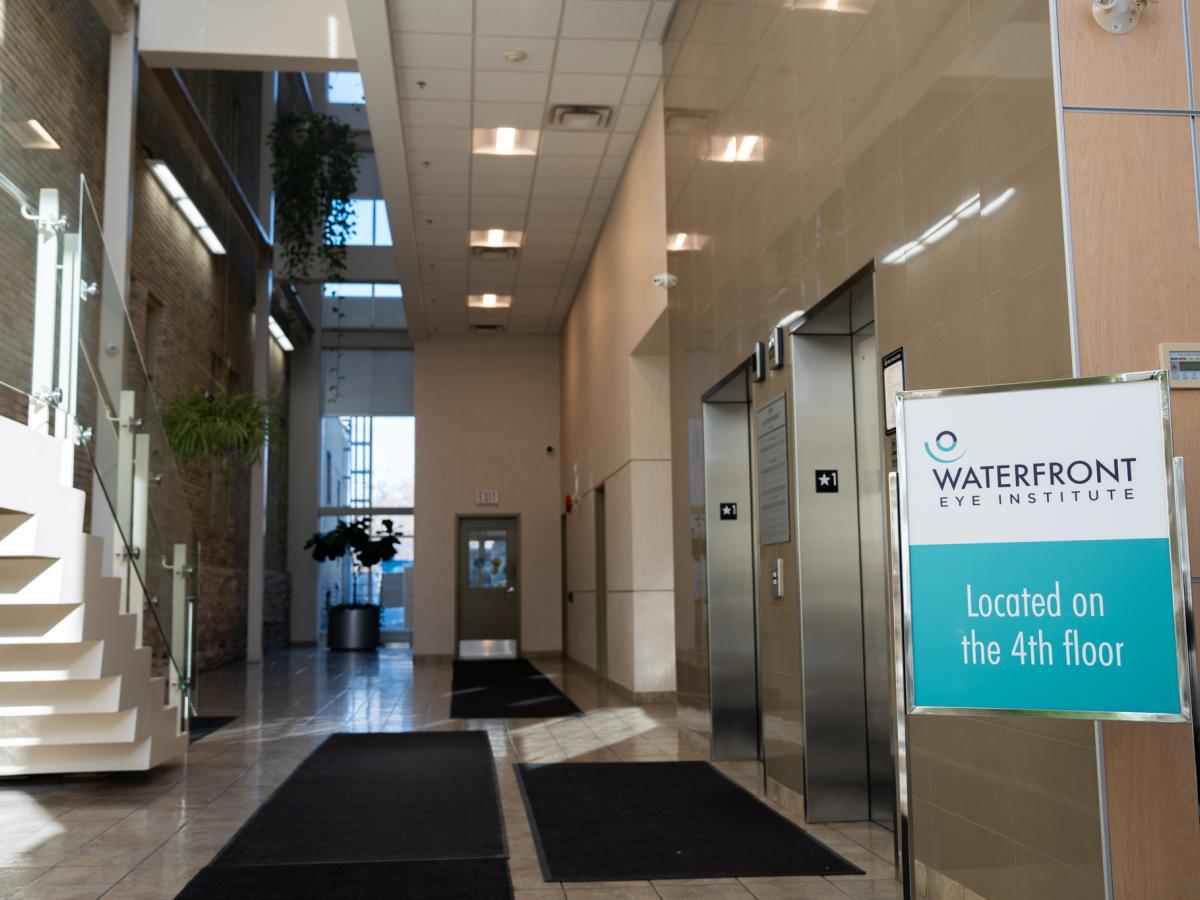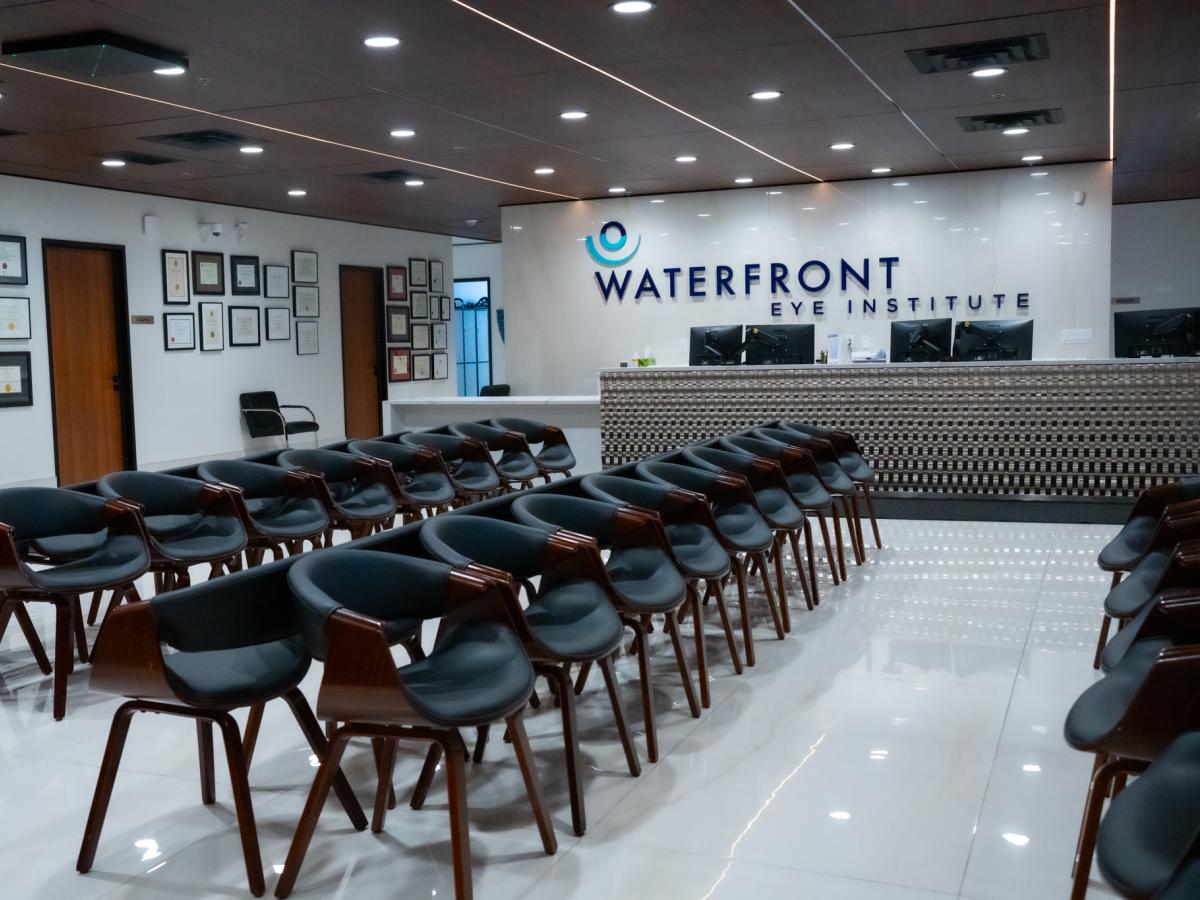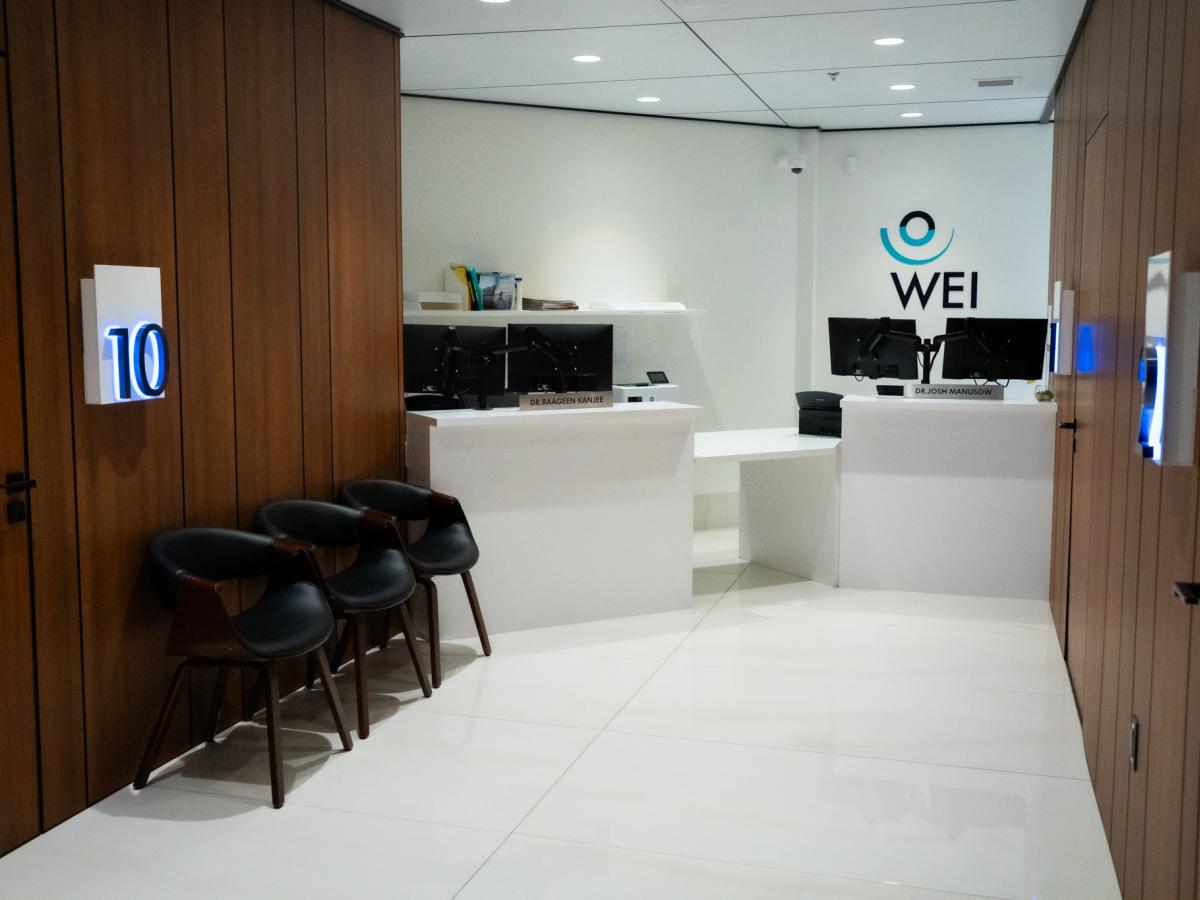
Overview
Retinal diseases encompass a range of conditions that affect the retina, the light-sensitive layer at the back of the eye. Common retinal diseases include age-related macular degeneration (AMD), which leads to central vision loss; diabetic retinopathy, a complication of diabetes that damages blood vessels in the retina; and retinal detachment, where the retina separates from its underlying tissue, potentially causing severe vision loss. Other conditions include retinal vein occlusion, which involves blockage of the veins that carry blood away from the retina, and retinitis pigmentosa, a genetic disorder that leads to progressive vision deterioration. Early detection and treatment are crucial for managing these diseases, often involving laser therapy, injections, or surgery to preserve vision.



Pathologies and Treatment
Here are a few questions answered to get to know the process better. Feel free to call us if you have further questions.
If you’ve been diagnosed with diabetes, you’re at risk of developing diabetic retinopathy, and you should take action immediately to prevent it.
Treating diabetic retinopathy early can yield fantastic results. As many as 95% of patients avoid substantial vision loss if they are treated in time. That’s why it’s so important to have regular eye exams to check for diabetic retinopathy.
Treatment options include:
Medication
Anti-vascular endothelial growth factors or Anti-VEGF’s such as Avastin and Eylea are medications that help to prevent vision loss and, in some circumstances, restore some vision loss due to diabetic retinopathy.
Laser treatment
Patients who have reached the proliferative retinopathy stage – where abnormal blood vessels grow on the retina – can be treated with a procedure called laser photocoagulation. Here we use a laser to seal off leaking blood vessels and prevent further growth of blood vessels, leading to loss of vision.
Vitrectomy
If you have blurred vision because of a vitreous haemorrhage – where blood leaks into the ‘gel’ that fills the eye – you may also need a vitrectomy. Vitrectomy is also used for retinal detachment caused by diabetes.
Cataract and Glaucoma treatment
Sometimes diabetic retinopathy can also cause cataracts and glaucoma, in which case you may need a cataract operation or glaucoma treatment as well.
Your suitability for macular degeneration treatment depends on the type of AMD and individual characteristics of the condition. We can establish this at your initial appointment.
Macular degeneration treatment stops the progression of the disease.
Your eye specialist will tailor a management plan specific to your eyes.
Macular Degeneration Treatment options and alternatives
For both Wet and Dry AMD, some medications and lifestyle changes may help prevent the condition from worsening or even occurring in the first place.
Vitamin supplements
Over the last decade, studies (particularly the AREDS and AREDS 2 trials) have found that certain combinations of vitamins could reduce the chances of macular degeneration worsening by around a third. However, not everyone agrees that it helps that much, and it may not help everyone.
Stopping smoking
Smokers are more at risk of macular degeneration, particularly Wet AMD, so it’s important to stop smoking, especially if you have been diagnosed with AMD.
Dietary changes
Eating more nuts and fish oils may help prevent AMD.
Wet AMD treatments
If you’re diagnosed with Wet AMD, you should seek treatment quickly to reduce permanent damage to your sight. The macular degeneration experts at Waterfront Eye Institute use the most advanced medications and treatments for Wet AMD, including:
Wet AMD medication
Anti-Vascular Endothelial Growth Factors or Anti-VEGF’s such as Avastin, Eylea, Lucentis, Vabysmo are medications which help to prevent vision loss and, in some circumstances, restore some vision in people with Wet AMD. They are injected into the eye (which is less painful than it sounds) and may need to be repeated over several months.
When a retinal vein blockage occurs, fluid is unable to drain from the retina sufficiently. This build-up of fluid may cause blurred or curved vision.
Anti-Vascular Endothelial Growth Factors or Anti-VEGF’s such as Avastin and Eylea are medications that help clear the fluid build up in the retina. Typically, treatment is required for months until the retina can create the necessary collateral blood vessels to manage the fluid build-up.
In cases in which Anti-VEGF treatment does not clear a blockage, you may require a sufficient amount of fluid steroid or laser treatment.
Your surgeon will determine which treatment type is required.
We perform intravitreal anti-VEGF injections in our clinic without needing to be taken into theatre.
Treatment is effective in stopping vision from worsening.
In some cases, there may be an improvement in vision.
